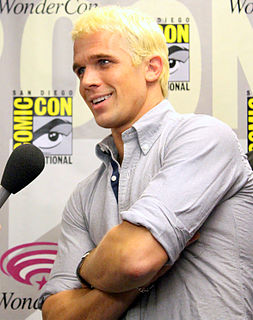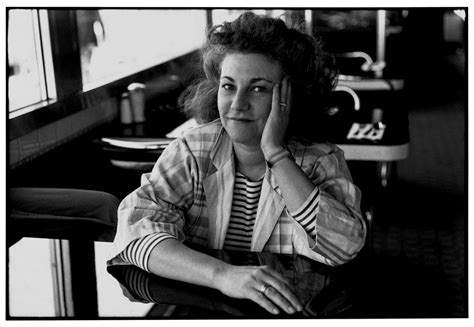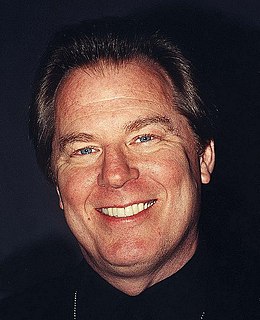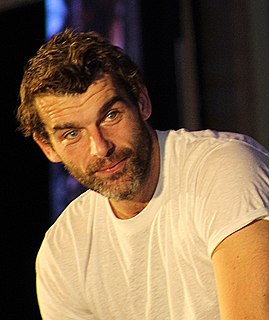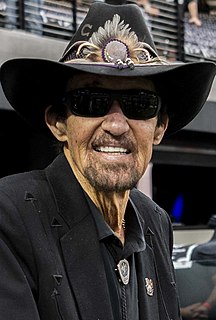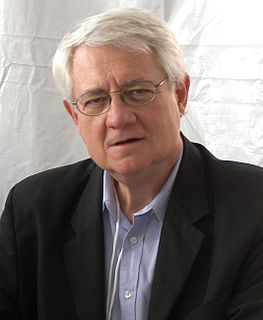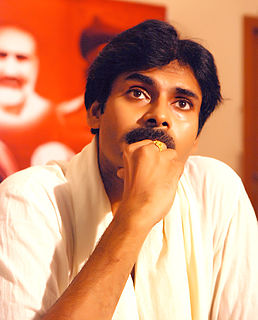A Quote by Mel Brooks
A cinema villain essentially needs a moustache so he can twiddle with it gleefully as he cooks up his next nasty plan.
Related Quotes
American culture has a lot of great moustaches in its history. Mark Twain had a great moustache, Charlie Chaplin, Ben Turpin ... but Zappa, he's got the best moustache in American history. Got the moustache, right, and he's got that little thing on his chin, I think it's called an imperial, that is, like, the coolest thing. That's like one of the great icons of the twentieth century.
Twiddle-twiddle away at my softly clicky keyboard for a while, making twiddly adjustments all along- and then print what I have twiddled. Glare at the printout and snarl and curse and scribble almost illegibly all over it with a ballpoint pen. Go back to the machine and enter the scribbles. Repeat this procedure until I hate the very meaning of every word I know.


